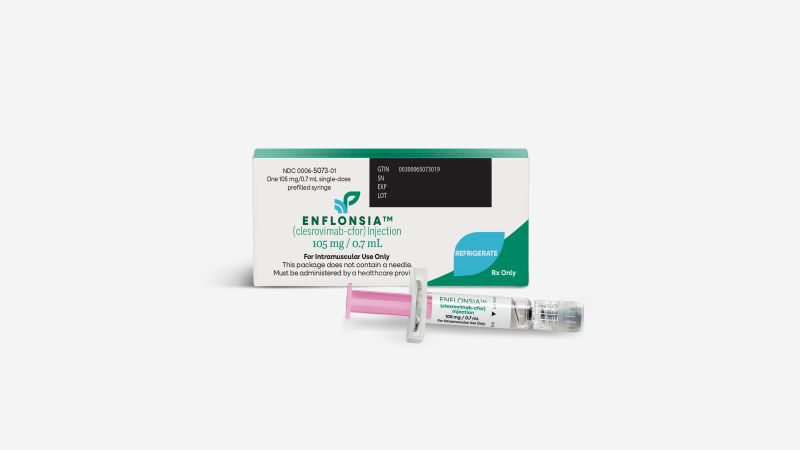- Total News Sources
- 1
- Left
- 1
- Center
- 0
- Right
- 0
- Unrated
- 0
- Last Updated
- 187 days ago
- Bias Distribution
- 100% Left


FDA Approves Monoclonal Antibody to Protect Infants from RSV
The World Health Organization has issued its first official recommendations for immunization products to protect infants against respiratory syncytial virus (RSV), a leading cause of severe respiratory infections and hospitalizations in young children globally, especially in low- and middle-income countries. WHO recommends two products: a maternal vaccine administered during the third trimester to transfer antibodies to the baby, and a long-acting monoclonal antibody, nirsevimab, given to newborns for protection during the RSV season. In the United States, the FDA has approved Merck's Enflonsia, a monoclonal antibody that provides protection through a single 105 mg dose during the infant's first RSV season, showing over 60% reduction in medically attended RSV infections and over 84% reduction in hospitalizations. Enflonsia is awaiting recommendation from the CDC’s Advisory Committee on Immunization Practices, with distribution expected before the 2025-2026 RSV season. Studies led by Baylor College of Medicine and Texas Children’s Hospital confirm that these preventive treatments can reduce RSV-related hospitalizations by at least 50% in young infants, the most vulnerable group. Together, these advances represent a significant breakthrough in reducing severe RSV disease and hospital burden in infants worldwide.

- Total News Sources
- 1
- Left
- 1
- Center
- 0
- Right
- 0
- Unrated
- 0
- Last Updated
- 187 days ago
- Bias Distribution
- 100% Left
Stay in the know
Get the latest news, exclusive insights, and curated content delivered straight to your inbox.

Gift Subscriptions
The perfect gift for understanding
news from all angles.
